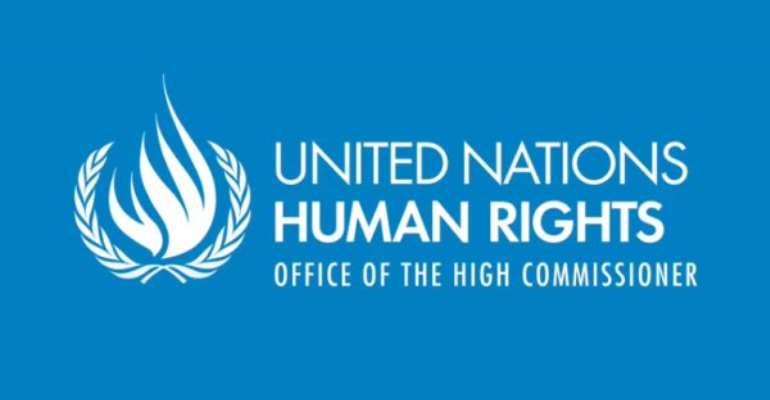Togo: “Rights defenders are better off, but important challenges remain,” UN expert says

GENEVA, Switzerland, October 16, 2013/African Press Organization (APO)/ -- At the end of her mission, the United Nations Special Rapporteur Margaret Sekaggya called on the Government of Togo to ensure that human rights defenders can work in a favorable environment “by fully implementing existing legal framework, avoiding their stigmatization and fostering a spirit of dialogue and constructive criticism.”
“The situation of defenders and civil society in Togo has improved with respect to what I saw in 2008 and I commend the authorities, civil society and the international community for the efforts made,” Ms. Sekaggya noted at the end of her follow-up visit* to the country to assess progress made in the last five years. “The environment for defenders is more enabling now, but important challenges remain.”
“I am very concerned that the degree of politicization of the environment in which defenders operate has worsened with respect to 2008,” the UN expert stressed. “I call on civil society and media to re-assess their position and role in society to make sure that they act independently and in a professional manner when checking and reporting on the State's obligation to protect and promote human rights.”
The Special Rapporteur highlighted that journalism in Togo, which is quite young, is not always exercised with “enough degree of professionalism and respect for basic ethical and deontological principles.”
However, she warned that the existence of defamation as an offence in the Criminal Code can be used to “unduly punish those who are critical of Government policies and considerably reduce the space for defenders to exercise the basic right to freedom of expression, which is key to claiming other rights.”
Ms. Sekaggya expressed concern about the use of force by the police when handling demonstrations and stated that security forces need to be well trained in crowd control and the role of defenders, and properly equipped. “Defenders also have a role to play in monitoring demonstrations and making sure that they are conducted in a peaceful manner,” she added.
The role of certain key institutions was also re-assessed by the UN expert, including the National Human Rights Commission. “The Commission has been consolidated as a key institution since 2008, but it needs to strengthen its framework of engagement with defenders and address the lack of trust that seems to exist between them,” the UN expert underlined.
Ms. Sekaggya pointed to the challenges faced by certain groups of defenders, notably women defenders and those working on women's rights, trade unionists, and those working for the rights of LGBT people. She will elaborate about the challenges faced by these groups of defenders in her full report to the UN Human Rights Council in March 2014.
During her five-day mission, Ms. Sekaggya met with the Prime Minister, key Government officials, the President of the Supreme Court, the High Authority on Communication and Audio-visual, and the National Human Rights Commission. She also met with members of the diplomatic corps, UN officials and a broad range of civil society actors and human rights defenders.
(*) Check the full end-of-mission statement by the Special Rapporteur: http://www.ohchr.org/EN/Issues/SRHRDefenders/Pages/SRHRDefendersIndex.aspx
